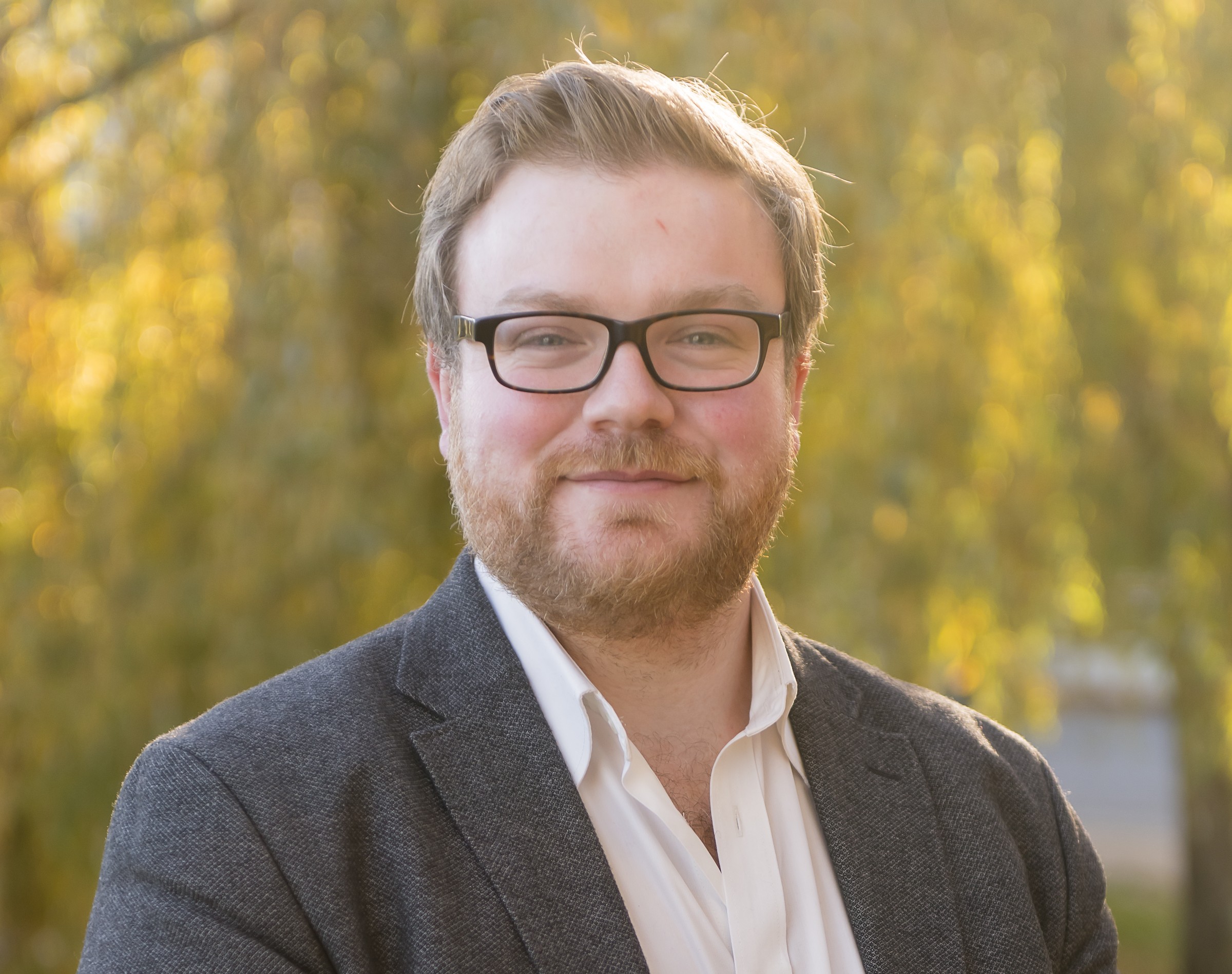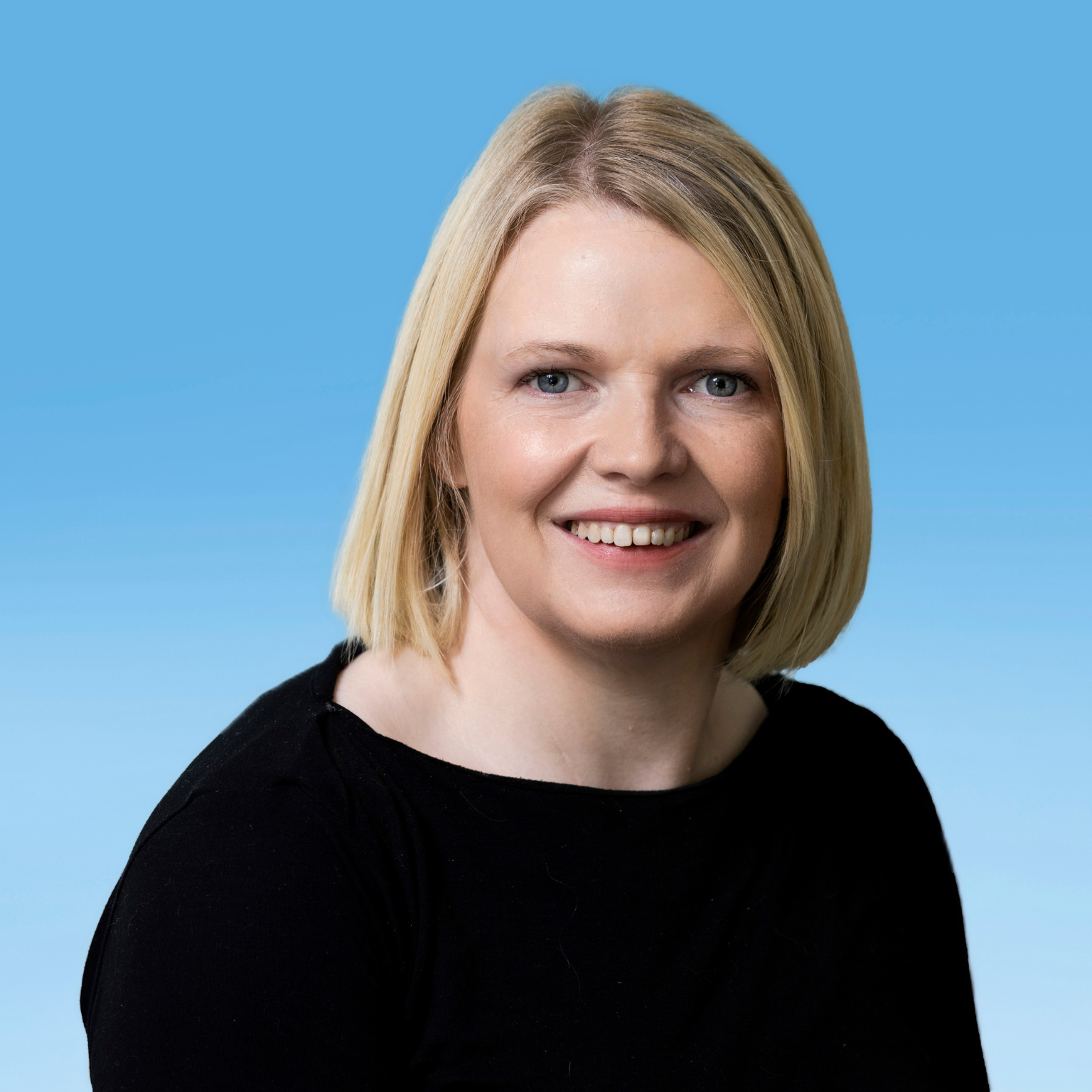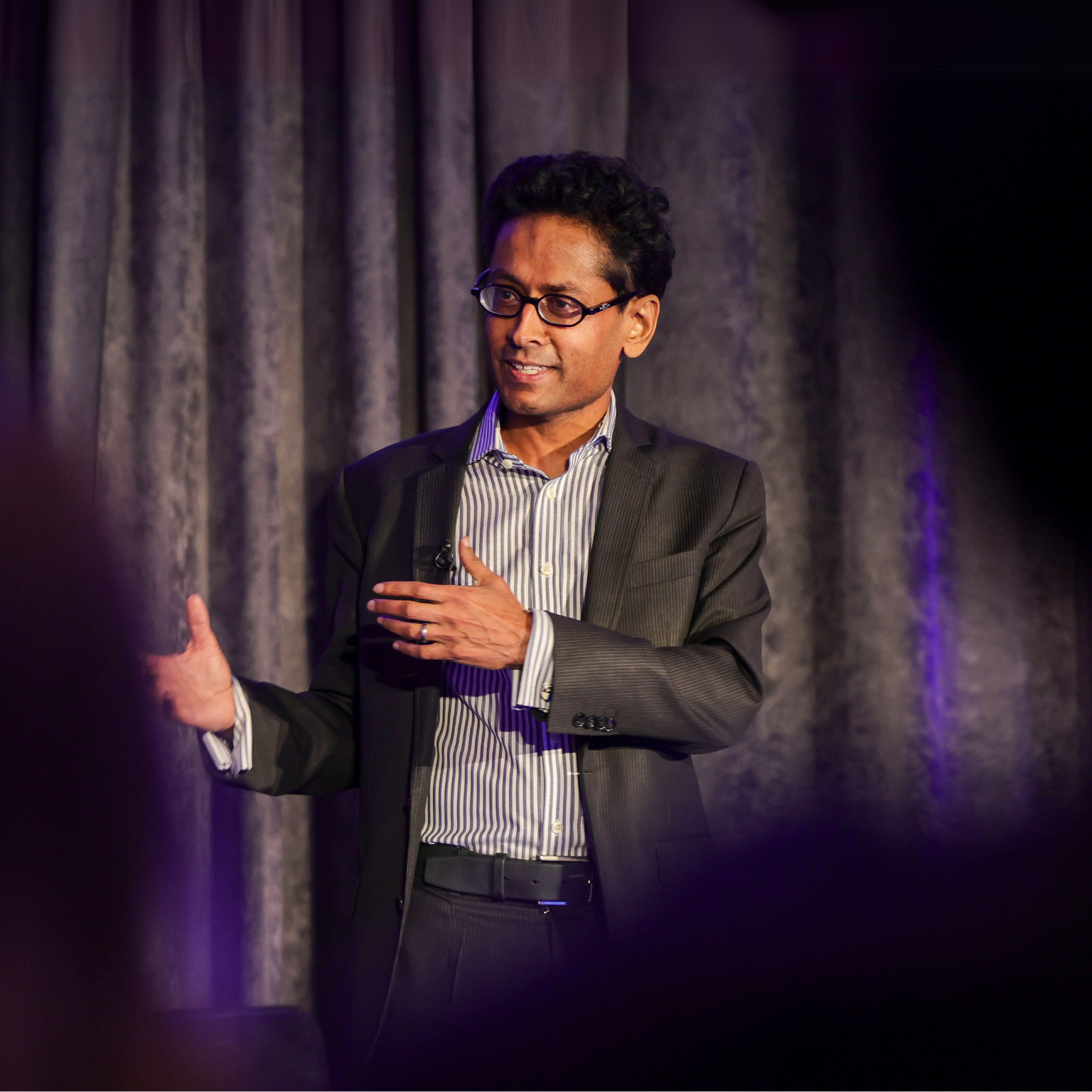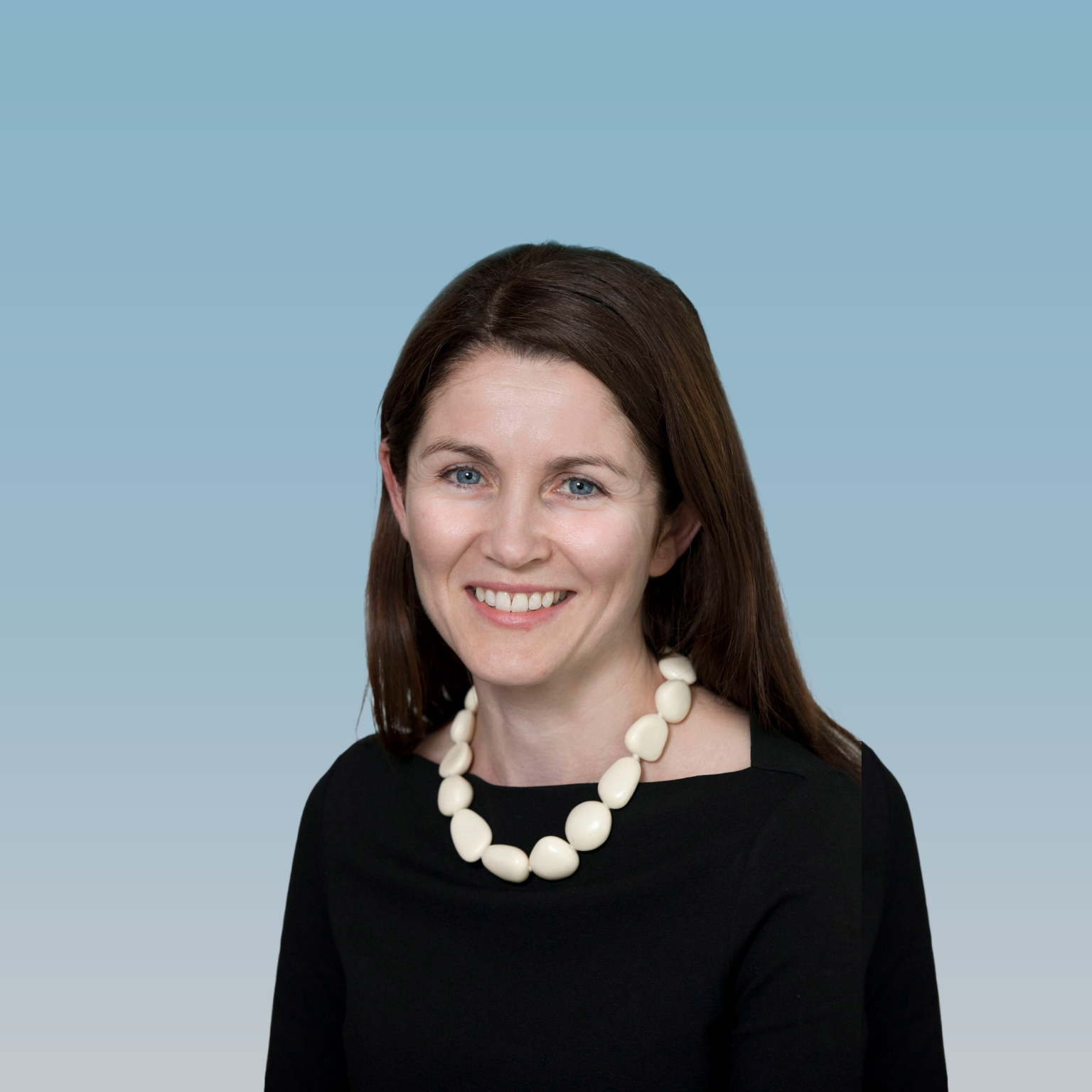Ucrisis scheme attracts talented Ukrainian psychologist to magnetic research in neuroscience
In this blog, Dr Claire O’Connell speaks with Ukrainian psychologist Olia Akhmetova and neuroscientist Dr Kathy Ruddy about how the HRB’s UCrisis scheme brought them together, and about their research on how brain stimulation techniques may help patients with stroke and related conditions.
5 min read - 27 Feb 2024
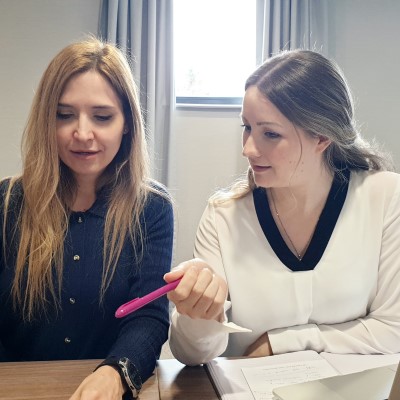
When Olia Akhmetova left Ukraine after the outbreak of war and moved to Dublin, she quickly set to finding work to support herself and her teenage daughter. A qualified psychologist and sociologist with an interest in research and communication, Akhmetova was keen to apply her skills in Ireland.
”Several days before the war started, we came to visit my mother in Bucha, outside Kiev. In late February 2022 , Bucha was occupied by Russian troops so we couldn’t escape. My daughter and I were evacuated in spring 2022,” says Akhmetova.
“My classmate, who is living in Ireland, bought us the tickets, and I was glad to give my daughter a safe place so far.”
Around the same time Trinity College Dublin sent a request to its research community asking if people had positions to offer to Ukrainian refugees.
That notice caught the eye of neuroscientist and Irish Research Council Researcher of the Year 2021 Dr Kathy Ruddy, whose Translational Brain Health Lab was then based at the Dublin University.
“I was building up my lab in Trinity thanks to a HRB Emerging Investigator Award, and we wanted to look at how a non-invasive technique called Transcranial Magnetic Stimulation or TMS could help people who had a stroke and who were undergoing rehabilitation,” says Dr Ruddy.
“I saw the email about providing support for Ukrainian refugees and I responded on the forum, saying I needed someone to work on the research for one day a week.”
Secret superpower
Akhmetova, who studied psychology and sociology in Ukraine before working as a psychologist and in communications as well as publishing fiction novels, saw the post while she was looking online for jobs.
She applied for and got the research assistant position, and this saw her rapidly become an integral part of the team across Trinity College Neuroscience Institute, TCD School of Psychology and St James’s Hospital.
“It was very interesting work,” she says. “I was helping to train PhD researchers and supporting the team by gathering data. I started using Electroencephalography (EEG) and I got acquainted with Transcranial Magnetic Stimulation (TMS). We were applying the technology to healthy volunteers who were acting as controls in the study. I am very grateful for this chance to work in such a great team and for all the training and amazing experience in neuropsychology that Kathy is so kind to share with me.”
Ruddy appreciated her new team member’s talents and also invited her to work on communications and social media with Neuroscience Ireland, where Ruddy is a council member and communications officer.
“Olia is my secret superpower for getting these things done,” she says.
Ucrisis
Later in 2022, the HRB launched Ucrisis, its rapid response mechanism to support and show solidarity for refugee researchers from Ukraine.
Ruddy applied and was successful in getting HRB support for a year-long full-time research assistant role for Akhmetova in the neuroscience team, even when the lab moved to Queen’s University Belfast in Northern Ireland.
“The HRB were very flexible, and that’s something I really appreciate,” says Dr Ruddy. “I was able to move the funding along with the research to Queen’s, and that meant Olia could remain part of our team.”
Getting muscles going
The idea behind the team’s research is to use Transcranial Magnetic Stimulation to prompt the parts of the brain that control muscle movements, explains Ruddy.
“We are testing an approach where we use TMS to stimulate this specific part of the brain that causes the muscle to twitch,” she says.
“We have a biofeedback-based game, which looks like a computer game, where the person can then focus on the feeling of that muscle twitch and by using their imagination they can gain more control over their muscles.”
At first the research team worked with healthy volunteers, and more recently they have been recruiting patients who have had a stroke to take part as part of rehabilitation to restore their muscle control.
New horizons
Taking it further, Akhmetova is now interested in exploring the technology as a way to help people who have functional neurological disorder (FND), a conditions that can mimic stroke, where the person needs to build their confidence in using muscles again.
“Kathy and I have talked a lot about looking at this disorder,” she says. “It is estimated that 30% of all neurology outpatient visits are due to FNDs. FNDs appear to affect the nerves, brain or spinal cord, but with no evident physical damage or disease. Often this results in limb paralysis, tremors or numbness. The root cause is believed to be psychological, emerging following a period of intense emotional distress. Psychological therapies are currently the only available treatments, but they are often ineffective. So we want to see if the TMS and biofeedback can help to teach people to use the muscles again.”
With the UCrisis funding as a foundation, Dr Ruddy has now applied for more funding and support from the charity Chest, Heart and Stroke to keep Akhmetova in the research team.
Meanwhile, Akhmetova is using her spare time to study and perfect her English, so she can continue to deepen her involvement in research and explore options to practice as a psychologist in Ireland and the UK.
“My daughter and I are very thankful to everyone in Ireland and Northern Ireland who has supported us,” she says. “It is hard to plan for the future. We worry about our country every day. My mother is staying in Ukraine, she wants to be closer to my brother, who is in the army. We don’t know what will happen in Ukraine and we pray for victory. But being involved in research here is an enormous opportunity and one for which I am very grateful.”
ENDS
5 min read - 27 Feb 2024
